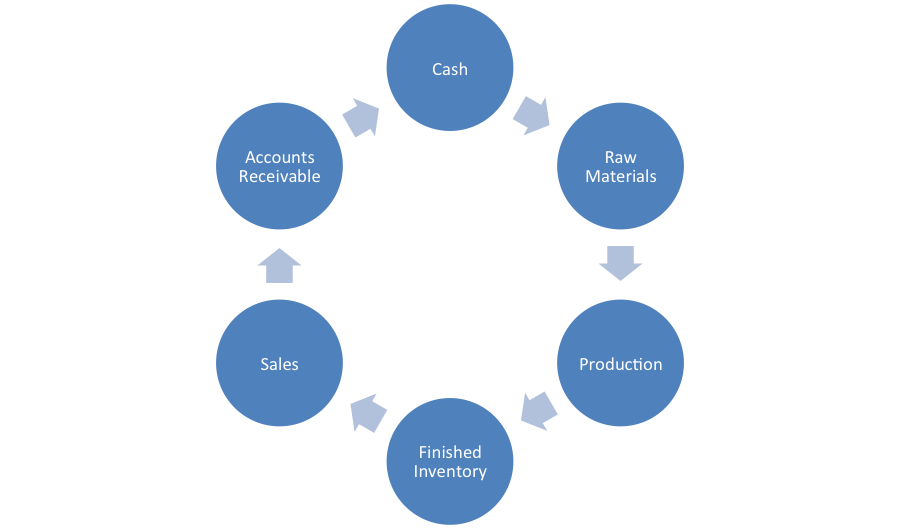What is Pari Passu Charge | Simple Explanation
Meaning of pari passu charge – Pari-passu is a Latin phrase, which means “equal footing”. Thus pari passu charge means, having equivalent charge/ rights or say charge-holders have equal rights over the asset on which pari pasu charge is created.
“Pari Passu” charge means that when borrower company goes into dissolution, the assets over which the charge has been created will be distributed in proportion to the creditors’ (lenders) respective holdings.
Let’s understand the pari passu charge in detail. When multiple banks finance to a single borrower under consortium arrangement or multiple banking, there are certain common assets, on which all the lenders share charge. Suppose SBI, BOI and PNB have financed working capital of Rs.25 crore, Rs.50 Crores and 100 Crores each to M/s ABC Ltd. All the three banks will have pari pasu charge on the stocks, debtors and other current assets of M/s ABC Ltd.
Let’s understand the pari passu charge in detail. When multiple banks finance to a single borrower under consortium arrangement or multiple banking, there are certain common assets, on which all the lenders share charge. Suppose SBI, BOI and PNB have financed working capital of Rs.25 crore, Rs.50 Crores and 100 Crores each to M/s ABC Ltd. All the three banks will have pari pasu charge on the stocks, debtors and other current assets of M/s ABC Ltd.
In case of default SBI, BOI and PNB will have the right to recover the amount from realization of the charged security in the ratio of 1:2:4.
Similar to pari passu charge on current assets, as explained above, lenders may share pari passu charge on collateral securities.
In consortium, there is always pari passu charge on primary security as well as collateral security. But, in other cases, all the lenders (existing as well as new) must agree for sharing of pari-passu charge on primary securities or collateral securities as the case may.
Read: Difference between first charge and pari passu charge
If borrower is a company, charge must be registered with registrar of companies within 30 days from the date of creation of charge. If not registered within 30 days, charge may be registered with ROC within 360 days with payment specified late fee.


